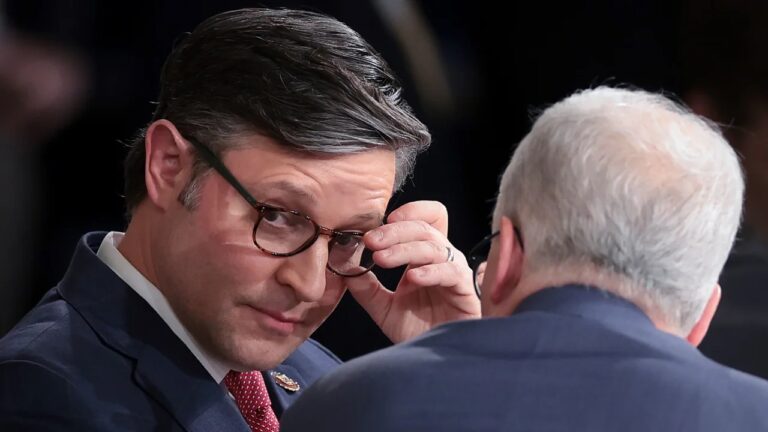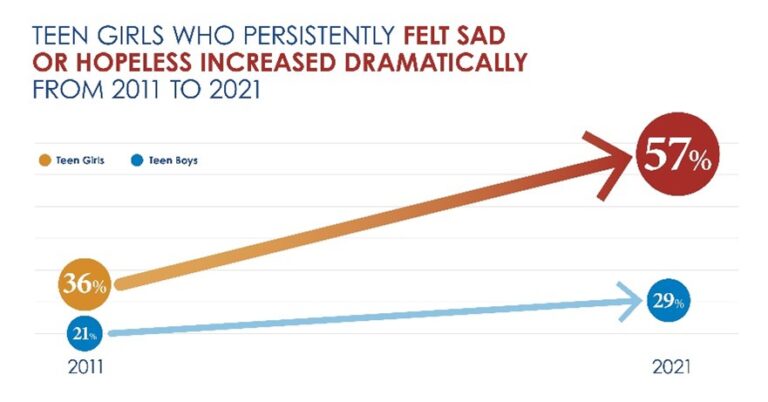Corruption in the Cannabis Industry
In 2017, Jody Mendoza was excited to start her journey on becoming a BIPOC dispensary owner in Boston. By 2018, she was one of the first people to be a part of what is now called the Social Equity Program through the Massachusetts Cannabis Control Commission. The program was created to assist communities that have been negatively impacted by the war on drugs to take back the cannabis industry. However, five years of hard work later, Mendoza is no closer to opening her dispensary than when she started. Mendoza shared that the process of opening a dispensary in Boston is a lot different than what the Commission told her.
“If I had understood, I wouldn’t have started this journey,” said Mendoza.
In 2019, Boston City District 8 Council Member, Josh Zakim, wanted to ban the Boston Freedom rally most commonly known as Hempfest from entering the Boston Commons. Zakim cited concerns such as public safety, park clean up and over all public disturbance. Now, Zakim is out of office and building his own dispensary, The Copley Connection on 551 Boylston St., just two blocks from the Boston Common. The former council member hasn’t always publicly supporting marijuana and started the process to own a dispensary years after Mendoza. Despite that, The Copley Connection dispensary is set to open the summer of 2024.
Zakim is one of many politicians that have successfully implemented the marijuana market. While you might not associate politicians with the cannabis industry, many former politicians are using dispensaries as a gateway to a lucrative profit. The first public sale of marijuana through dispensaries in Massachusetts was in November of 2018. According to the Massachusetts State House, in the last three years, dispensaries have produced over $4 billion worth of sales. For many politicians, that’s four billion reasons to invest in a dispensary.
Zakim isn’t the only politician whose politics contradict their current business ventures. Former Speaker of the House John Boehner openly spoke out against cannabis yet held a board position at Canadian marijuana firm Acreage.
Mike Crawford, founder and host of The Young Jurks, a podcast focusing on the corruption in the cannabis industry, commented on this juxtaposition “I think if he {Josh} really wanted to help he would reduce the barriers to entry (the cannabis market). Josh isn’t going to be at the store, that’s the difference.”
The pot business can be extremely profitable. However, the steep restrictions to open a dispensary is causing the industry to leave behind the people cannabis was originally used to marginalized.
“What’s upsetting” Mendoza said “is we were used to opening the door and then pushed aside. The wealthy firms with an army of lawyers took this industry that we were promised.”
In order to be considered for a cannabis license, one must already own or rent the commercial space they plan on distributing from. Crawford breaks down what this really means for the average business owner: “You aren’t open for three to four years and you’re going to run out of money. It’s a great risk that you may never open, and if you do, who knows if you will get your money back? Commercial space when you aren’t even allowed to open that’s only for rich people.”
Not only is obtaining a license through the government extremely time consuming and expensive, but pot stores are also hit a lot harder with taxes than the average business. The store must pay the government a 10.75% excise tax on sales, a 6.25% retail sales tax, and a local excise tax of up to 3%. To contrast this, general businesses and manufacturing corporations only have to pay 8% of their net income.
The excised barriers to enter and stay in a market highly saturated with big-name political players was inherently problematic for Mendoza. When she started the process of opening her small business, she knew there would be challenges. “But I was told Boston wanted people of color. I was told that they cared about us and were paying attention to people of color. I was wrong” said Mendoza.
Mendoza has been fighting for five years to open her dispensary in Roxbury – a store that she believes will now never open. “This was all a stunt for people to make money who didn’t need to make money,” said Mendoza, “and then there is me who has a license but is bankrupt and can’t fulfill the license. I am one case.”






